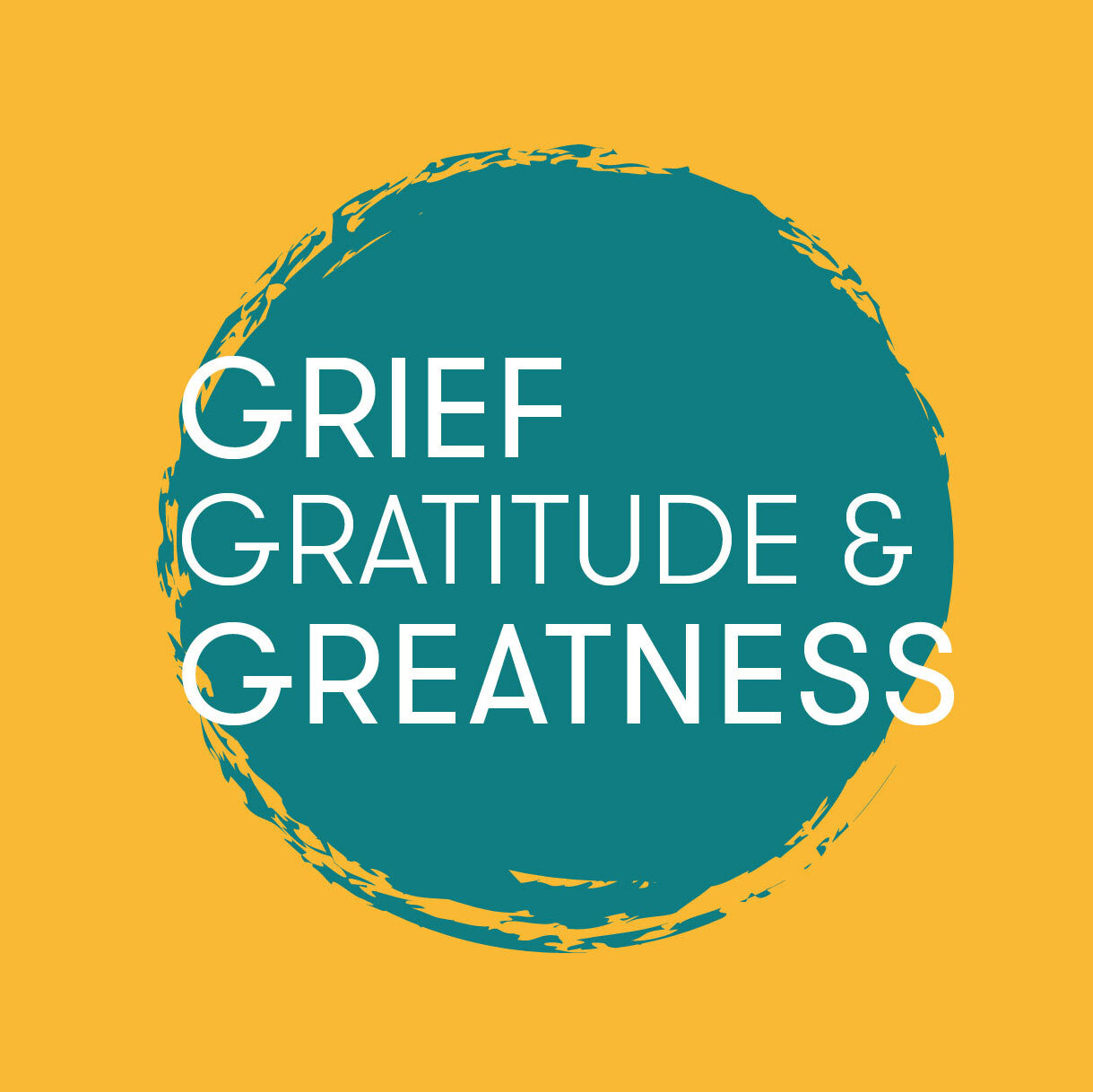In the final episode of Grief Gratitude & Greatness, Sarah speaks with her father about how he met her mom, their young romance and their lives as immigrants to the United States. Sarah and her Dad also reflect on the importance of family, the difficulties of existing as a Jew in Iraq, stark cultural differences and life continuing after Sarah’s mom’s death.
Trigger Warning: This episode references suicide. Suicide is a permanent solution to a temporary problem. If you or someone you know is having thoughts of suicide, please seek help by dialing 988 to reach the Suicide & Crisis Lifeline.
This week we share the second of three intimate conversations with people close to Sarah. In this episode Sarah speaks with Sabine, her mother’s best friend growing up in rural Romania, and a longtime family friend. They discuss the reality of being a US immigrant and the mental health challenges some immigrants face.
Trigger Warning: This episode references suicide. Suicide is a permanent solution to a temporary problem. If you or someone you know is having thoughts of suicide, please seek help by dialing 988 to reach the Suicide & Crisis Lifeline.
When Sarah started the Grief Gratitude & Greatness podcast about 6 years ago, people asked why she was embarking on a project about grief. During the podcast’s run, she was asked about her own personal grief story, and realized that while she was helping other people tell their stories, she ended up sharing little of her own.
This week we share the first of three intimate conversations with people close to Sarah. In today’s episode, Sarah speaks with her sister, Amira, discussing grief related to their family's immigrant experience and the very different ways that they grieve the death of their mother.
When her life partner died suddenly, Tiana Hill had to confront some difficult truths. She discovered that the man she thought she knew was not all that he seemed. Faced with these revelations, she chose to take ownership of the part she had played in their relationship. Sarah speaks to Tiana about losing her daughter's father, being rejected by his family and how she healed by facing the truth rather than turning away from it.
When we look at history, we see Western culture's invasive influence spreading around the world, replacing local beliefs and customs. Dr. Agya Boakye-Boaten grew up in a village in Ghana, where he was educated in a Methodist all-boys school beginning at the age of 10. Upon coming to the US, he found that many of the things he’d been taught were problematic and required dismantling. Sarah speaks to Agya about becoming "an unapologetic African," the struggle of immigrants to reclaim their identity, and the pressing need for Americans to listen to the pain of Black people.
A native Hawaiian, David Komeiji’s Japanese Buddhist heritage informs his life of service. In his career as a healthcare professional, David has worked to address the needs of the houseless. He now teaches ikebana, the Japanese art of flower arranging, to the incarcerated. Sarah speaks to David about sacred space, his rituals of honoring ancestors, and how he works to humanize those who often go unseen in our society.
At the height of Black Lives Matter movement, Andre Middleton finds his passion for music and mentorship intersecting with his experience as a Black man. He finds purpose in helping underserved youth discover their voice, honing their skills in the technical and business aspects of live music production. Sarah speaks to Andre about his childhood in Brooklyn, the racial dynamics of living in Oregon, and the power of creative community engagement.
In the immediate aftermath of George Floyd’s murder, protests against police brutality sprung up in cities across the country, and there has been a reckoning about the continued inequality that exists in our society. Beth Blumklotz grew up African-American and white, raised in a white adoptive household. She observed the duality of how people are treated due to the color of their skin, even in a supposedly liberal city like Portland, Oregon. Sarah speaks with Beth about raising a black son, the discrimination she endured as a young person, and how systemic racism is not black people’s problem to solve.
Ill with terminal pancreatic cancer, Susanne Schumann let her family know that she would be choosing Death With Dignity. Her son Ben Orion spent his mother's last day with her and had the incredible experience of supporting her when she made the choice to end her life. Sarah speaks with Ben about his mom and the gift of being present for her death.
In this special edition, Sarah speaks with Seann McKeel, Virginia Gewin and Renee Gorham about their unique experiences with grief during the time of the COVID-19 pandemic.










